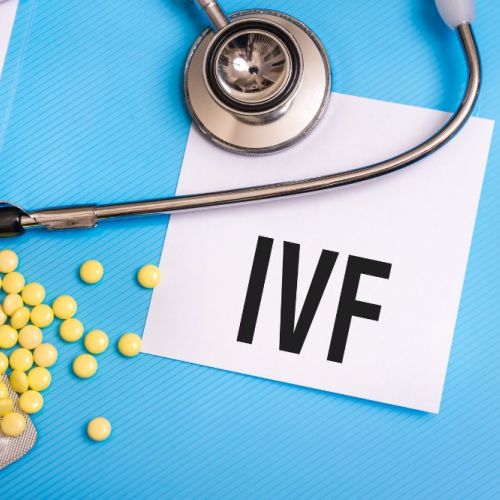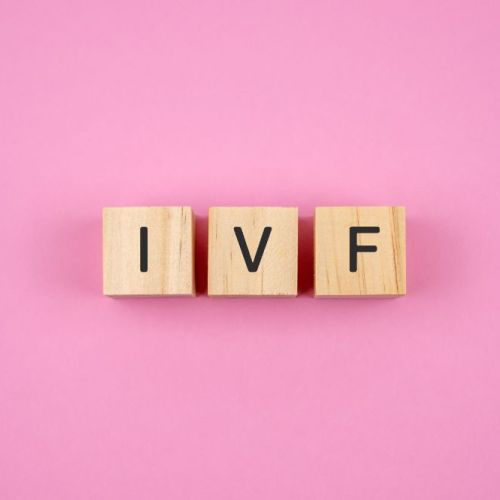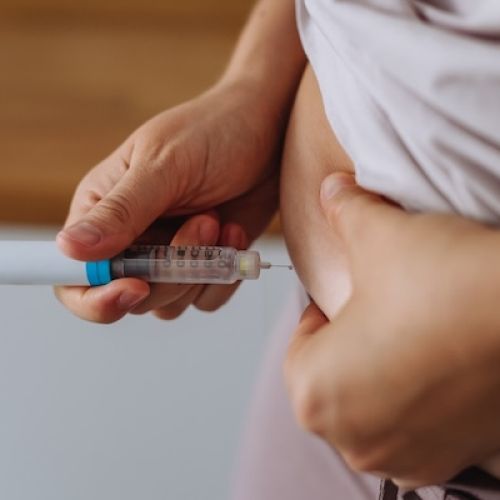What is Mini IVF and Am I a Good Candidate?

Although IVF has an outstanding rate of success, its high-dose daily injections and intense ovarian stimulation can be costly and lead to unwanted side effects. Fortunately, ongoing advances in ART protocols have made it possible to go through a gentler form of IVF that uses minimal ovarian stimulation to great effect.
Here at the California Center for Reproductive Health, we’re proud to offer the most advanced ART techniques available, including mini IVF. In recent years, mini IVF has become increasingly popular in the United States. Find out what makes it different from conventional IVF, and if it might be a viable option for you.
Conventional IVF basics
With traditional IVF, we use injectable hormonal medications called gonadotropins to stimulate your ovaries and prompt the development and release of multiple eggs (8-15 eggs, on average).
Although your own personal IVF protocol is customized based on factors like your infertility diagnosis, age, body weight, and prior reproductive history, the average woman begins IVF treatment by taking birth control pills for 1-4 weeks to suppress ovarian function.
Once ovarian down-regulation has been achieved, ovarian stimulation can begin. During this part of the process, you give yourself an injection of powerful fertility medications once a day for a total of 8-12 days. Toward the end of your ovarian stimulation cycle, we use an injection of human chorionic gonadotropin (hCG) to trigger ovulation.
About 36 hours later, after we remove the mature eggs in a minor surgical procedure, we fertilize them in a sterile environment. Next, we place the fertilized eggs in specialized incubators along with a nutritive culture solution that supports embryo development.
After 3-5 days of closely monitored development, we can finally transfer an embryo (or multiple embryos) into your uterus, where it implants itself and continues to develop, if all goes well.
How mini IVF is different
Mini IVF, also known as minimal stimulation IVF or micro IVF, is very similar to conventional IVF, in that both treatments incorporate the same basic steps and procedures from start to finish.
What makes mini IVF so different — and for many women, far more appealing — is the fact that it uses low-dose hormonal medications to stimulate your ovaries in a gentler, easier way. Mini IVF usually involves taking a low-dose oral medication to stimulate ovulation, along with low doses of gonadotropins to induce the growth of a few high-quality eggs.
Whereas traditional IVF is based on the concept that generating a high number of eggs every cycle is the best way to increase your chances of pregnancy, mini IVF is designed to generate just 3-4 high-quality eggs in a bid to produce just 2-3 high-quality embryos.
Because mini IVF promotes quality over quantity, it increases the efficiency of a single ovulation cycle substantially. Even better, it achieves these results with lower amounts of fertility drugs, which means it costs less and comes with minimal risk of unwanted side effects.
Is mini IVF right for you?
Mini IVF offers all the benefits of the IVF process with smaller amounts of medication, fewer injections, minimal risk of side effects, reduced stress, fewer office visits, and less cost. In addition, mini IVF presents no risk of ovarian hyperstimulation, minimizes the production of too many embryos, and eliminates the chance of multiple pregnancies.
Mini IVF may be a better option for you if you’ve been diagnosed with low ovarian reserves, meaning your ovaries have a relatively low number of eggs. Conventional IVF isn’t an ideal option for women with low ovarian reserves simply because high-dose fertility medications can’t effectively generate a high quantity of eggs when there aren’t many eggs to begin with. The goal of mini IVF, on the other hand, is to generate just a few high-quality eggs.
You may be a good candidate for mini IVF if you have polycystic ovary syndrome (PCOS) and going through conventional IVF would increase your risk of developing ovarian hyperstimulation syndrome, a painful condition that causes your ovaries to swell rapidly.
Mini IVF can also be a viable alternative if you can’t or don’t want to take a lot of fertility medications, either because you have a history of hormone-related cancer or you don’t like needles. Similarly, if you can’t afford conventional IVF, mini IVF can help put your family dreams within reach.
To find out which fertility treatment option is right for you, schedule an appointment online today or call one of our clinics in Encino, West Hollywood, Santa Monica, or Valencia, California.




